‘No going back’: How Extinction Rebellion is redefining its image in lockdown
The civil disobedience group was ready for a comeback in 2020, but thanks to the coronavirus pandemic they had to find another way, writes Sean Russell

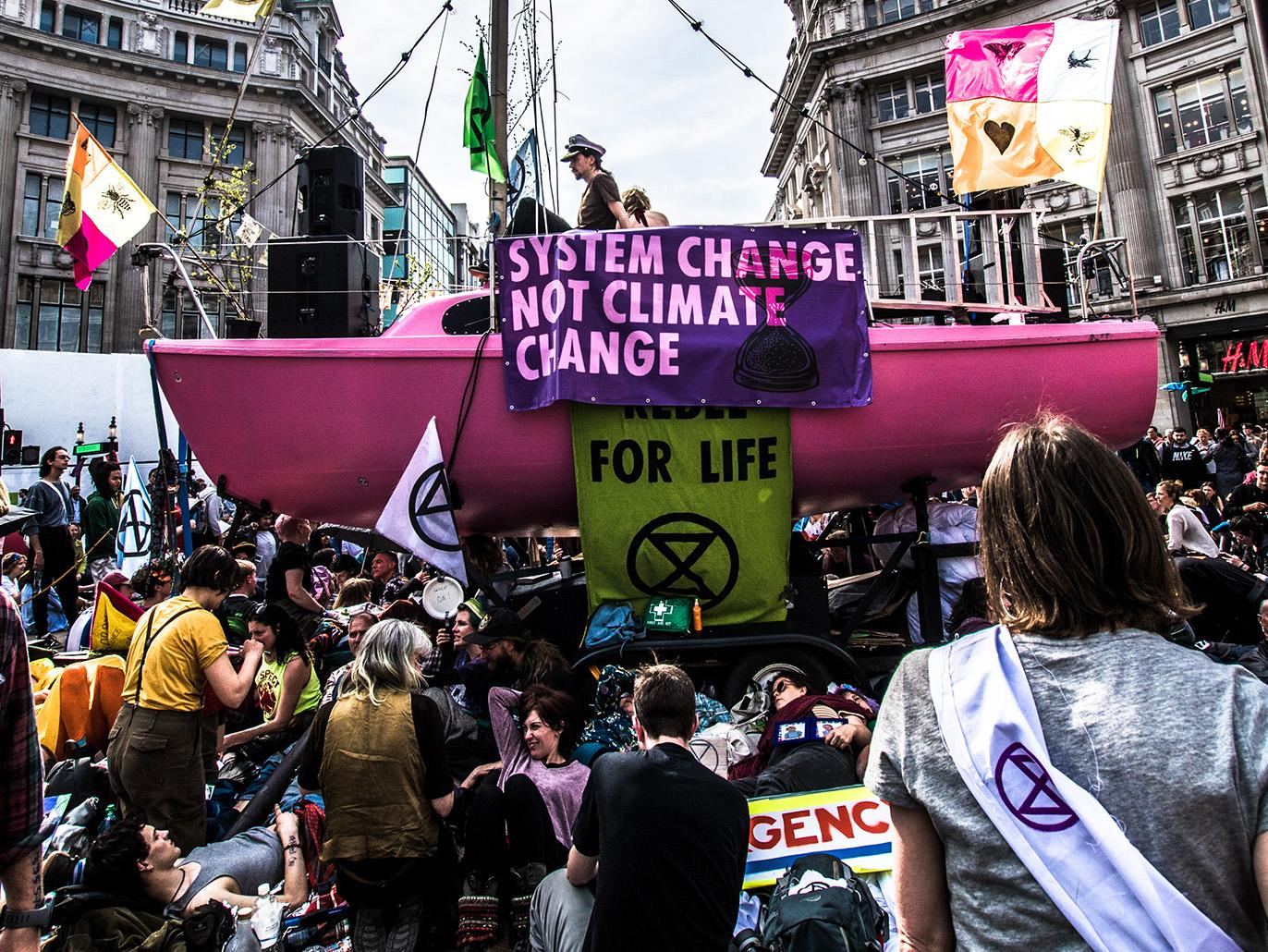
On the crisp warm morning of Monday 18 May, after almost two months of lockdown, Trafalgar Square, usually bustling with tourists and commuters and surrounded by traffic, was taken over by more than 2,000 pairs of children’s shoes; lined up in neat rows, waiting. Protestors gathered under the banner: “Covid today – Climate tomorrow – Act now.” Extinction Rebellion were back. The group placed the shoes as a ghostly reminder to the government that despite all that’s going on, the future of younger generations needs protecting more than ever before. They are demanding a climate-friendly economic recovery plan.
This time last year, London was in another kind of lockdown, with the civil disobedience group blockading main roads all over the capital. This weekend, hundreds of protestors were due to take to the streets in Extinction Rebellion’s colourful brand of disruption. But, on 13 March, at a time when it was still strange to see someone wearing a face mask, the group decided they could not go ahead. After all, how can you disrupt what is already disrupted?
“We had to make a call on it,” says Anneka Sutcliffe, an actions coordinator, from her bedroom, where XR posters are prominent on the wall behind her. “And it was difficult because there were key figures in the movement that were saying ‘don’t cancel it, it might be that the virus has peaked and by 23 May it could be perfect timing to be out again’, but there was no way we could be forging ahead with that planning.
“We’re financially at the absolute lowest point we’ve been,” says Sutcliffe, who balances her XR work with teaching violin to make ends meet. “That’s not just Covid, we had a drop-off. We had a honeymoon period of a year where we thrived because we had a small number of very big donations, hundreds of thousands from big donors. If we were just to have one of those now that would save us from where we’re at. The financial situation’s not good.”
Without the May rebellion, much of that energy was lost, as well as the chance to learn lessons from 2019 and save their finances. Now, like the rest of us, the group faces an enforced period of quiet reflection.
Extinction Rebellion burst onto the sun-covered scene with extravagant fanfare in April last year, demanding that the government protect the planet and its citizens from climate collapse. Not too much to ask. They blocked Waterloo Bridge with throngs of people, bright colours and music. It was a spectacle and that was the point. It was full of hope and optimism. But by October, the fall from grace was mighty. Some in XR had lost their way.
“The police changed their tactics a lot and that really changed the atmosphere,” says Sutcliffe. “Without being able to get staging and a lot of big colourful creative features in it was much harder to be in control of the atmosphere, being welcoming and positive.”
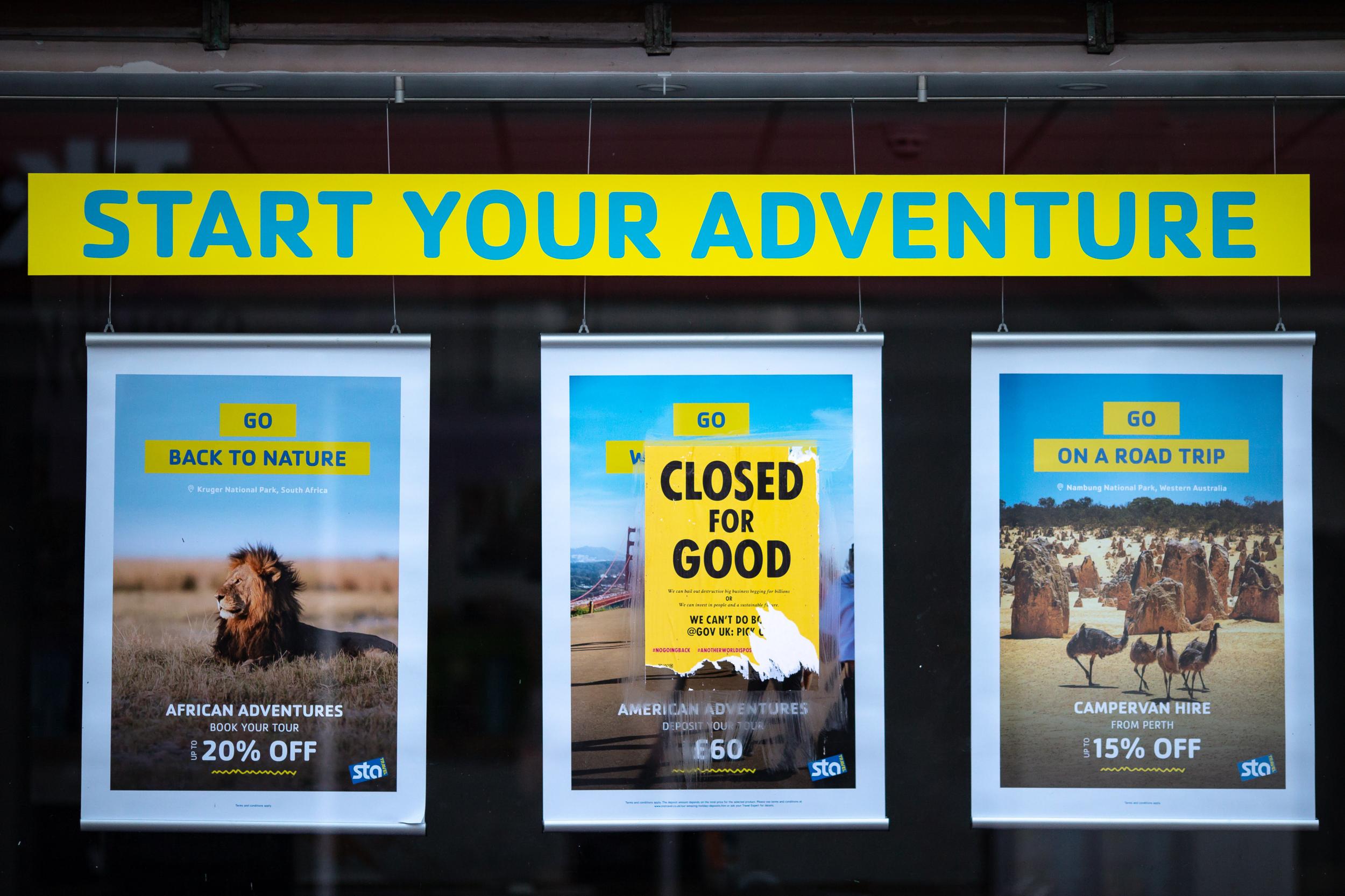
As lines of police officers boxed protesters into Trafalgar Square, the general optimism that had kept the demonstrations afloat felt subdued. Rebels scrambled teary-eyed to gather possessions from their tents as they were taken away under the grey sky. It had all gone wrong. The media turned against them and much of the public too. Prime minister Boris Johnson declared them “uncooperative crusties” who lived in “heaving hemp-smelling bivouacs”, while The Spectator wrote: “You have to laugh at Extinction Rebellion.”
This year was meant to be an opportunity to change tactics, build on the huge support they still had and learn from their mistakes. But with the arrival of coronavirus, any momentum was halted in its tracks. “We need to f****** do something,” says Vishal Chauhan, a member of XR and an ex-doctor, his voice breaking. “We need to go out and start supporting people.”
We had a honeymoon period of a year where we thrived because we had a small number of very big donations, hundreds of thousands from big donors. If we were just to have one of those now that would save us from where we’re at
Chauhan, who left his job to join XR, helped organise the group’s mutual aid network. He felt it was all they could do to help people. This provided an opportunity for the group to step out of its bubble and meet people that represented something other than their core beliefs. At the start of the pandemic, Chauhan struggled with whether to return to medicine, but he says reminded himself that he was doing more good for more people by helping prevent climate and ecological breakdown. But there was more work to be done in the community.
“In XR we separate ourselves from the groups of people we’re wanting to help, we go: ‘This is a major issue, let’s all work on it.’ We turn to our laptops, we turn our backs to the people and we get on with it because we’re scared. We haven’t been taught – in our generation – how to speak to strangers, how to connect with other people.”

After 2019, one of the main issues facing XR was image. Athian Akec in The Guardian said that when he looked at XR all he saw was “white faces” and that its glamorisation of arrests was putting people of colour off the movement.
When coronavirus arrived, the group turned to their communities. Used to banging drums and camping in central London for days on end, members quickly self-organised, joining existing mutual aid networks offering help to those in need. They began delivering food and medicine to people who couldn’t leave their homes. Chauhan started working at a community kitchen in Tottenham, cooking and sourcing food from supermarkets, and distributing it to those in need. This kind of work allows XR to meet people outside of their traditional supporter base: those who can’t afford to be arrested by choice, for example, or for whom paying rent is a struggle, not an optional means of protest.
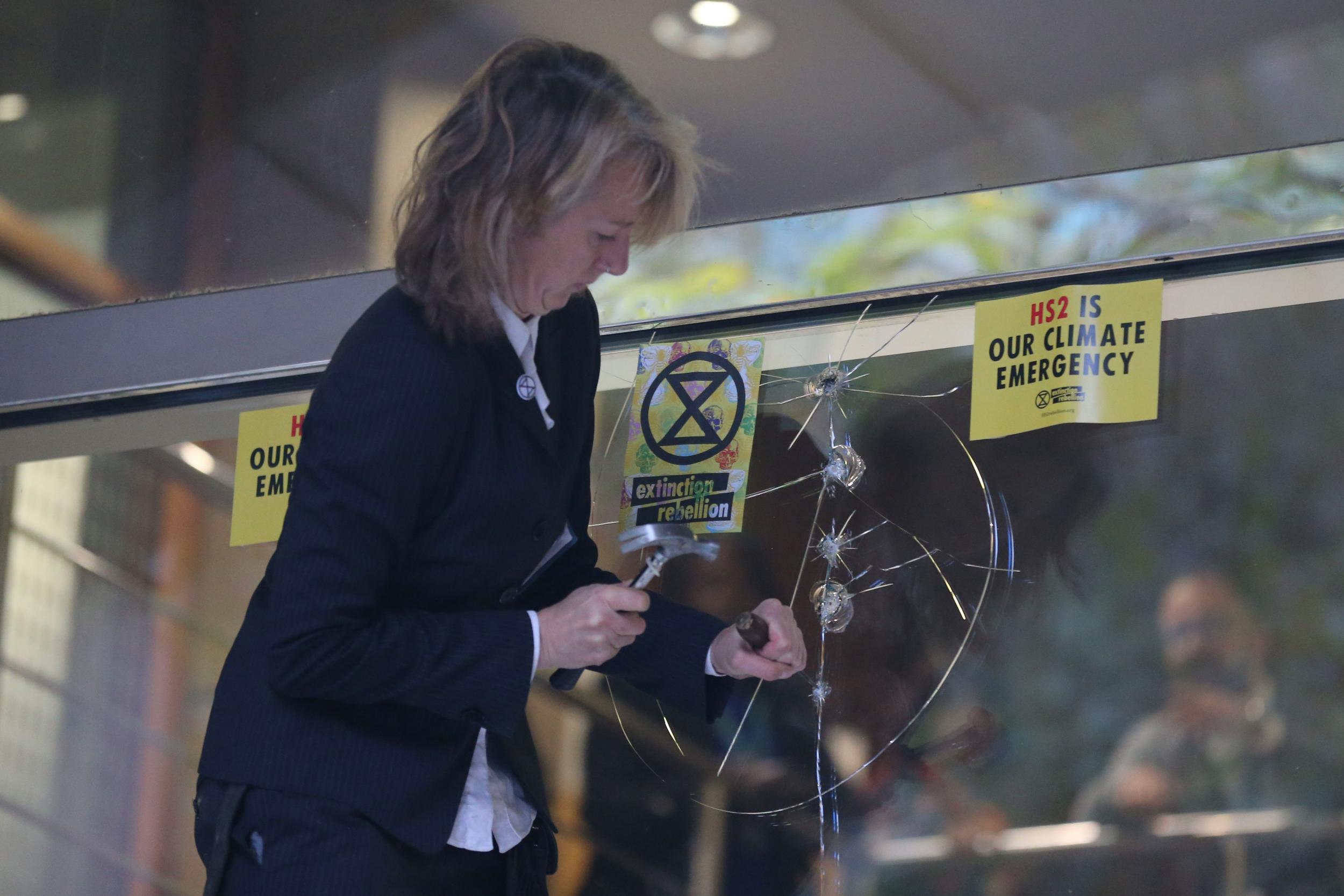
“People have been reacting in a different way to the way they do normally,” says Chauhan. “Usually we rely on them getting pissed off, then thinking about it, then eventually coming onside and it works but it’s not the only way. You can also use love, connection, communication. Then these communities may not join you, but they will advocate for you in the pub, in the local groups. They will be like, ‘it’s important what they’re doing’ – that has real impact.”
In the immediate aftermath of the outbreak, everything became unclear for Extinction Rebellion. Their finances as they were, the group relied more and more on a dedicated team at its core who work full-time for free out of passion and dedication. Many juggle jobs with their activism to pay the rent. Without the prospect of a major rebellion, and the donations that came with it, clear direction was lost.
“We were stunned,” says Sutcliffe. “A few weeks ago, we just felt wrong to be thinking about going out, but I think we’re coming through that time and starting to have some energy for planning actions again.”
In XR we separate ourselves from the groups of people we’re wanting to help … We haven’t been taught – in our generation – how to speak to strangers, how to connect with other people
In just two months, the economy has plummeted, oil prices collapsed, airlines gone bust; but the canals in Venice have also cleared, birdsong can be heard once again across London, and 11,000 people’s lives have been saved due to less air pollution. By early April, carbon emissions plunged 17 per cent. Now, a different world can be glimpsed – one where the cities are full of cyclists and the air is clean.
XR sees this as an opportunity rebuild a healthier, greener world, not by bailing out the fossil fuel-heavy industries but by investing in green infrastructure. Not returning to business as usual but keeping oil demand low, perhaps forcing it even lower. Here lies an opportunity to force governments to stop subsidising the industries that are destroying the planet.
As the EU contemplates a €2 trillion recovery plan – with airlines seeking to siphon 26 billion of it – perhaps the world needs XR now more than ever before.
Like so many businesses around the world, the pandemic prompted Extinction Rebellion to take their activism online. From there, they’re focusing on financial institutions, looking for ways people could use money to rebel from their homes, while educating others on exactly where their hard-earned money goes and what sorts of projects it ends up funding, under the banner of Money Rebellion.
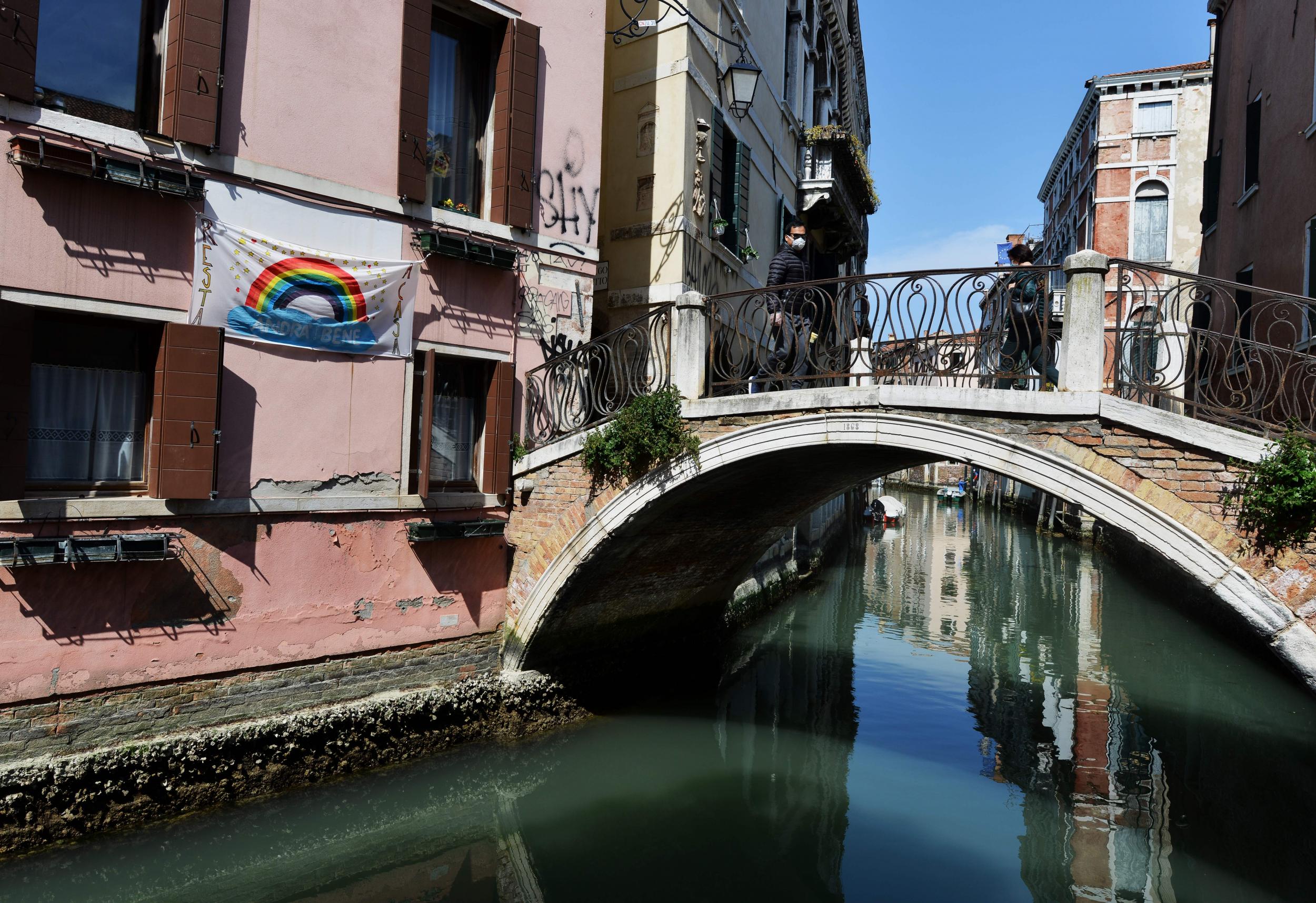
They have targeted HSBC, in particular, as the bank is still heavily invested in the coal industry, as well as BP and other oil companies. Are customers happy their money is being channelled into such destructive projects? Probably not, but even so, as we come out of the pandemic, the changes XR hopes to implement will still face fierce opposition.
When we emerged from the Second World War, the government invested heavily in redeveloping the economy, and that sensible investment pulled the country out. According to Money Rebellion, this time we must do it in such a way that protects the environment. But it won’t be easy.
“The pressure to return to growth and return to business as usual is going to be pretty struggled, and so yeah there’s definitely a risk that we go down a very short-term path that doesn’t solve the bigger, looming problems that we have with climate,” Vince Knowles, who has worked in the financial industry for 10 years, tells me.
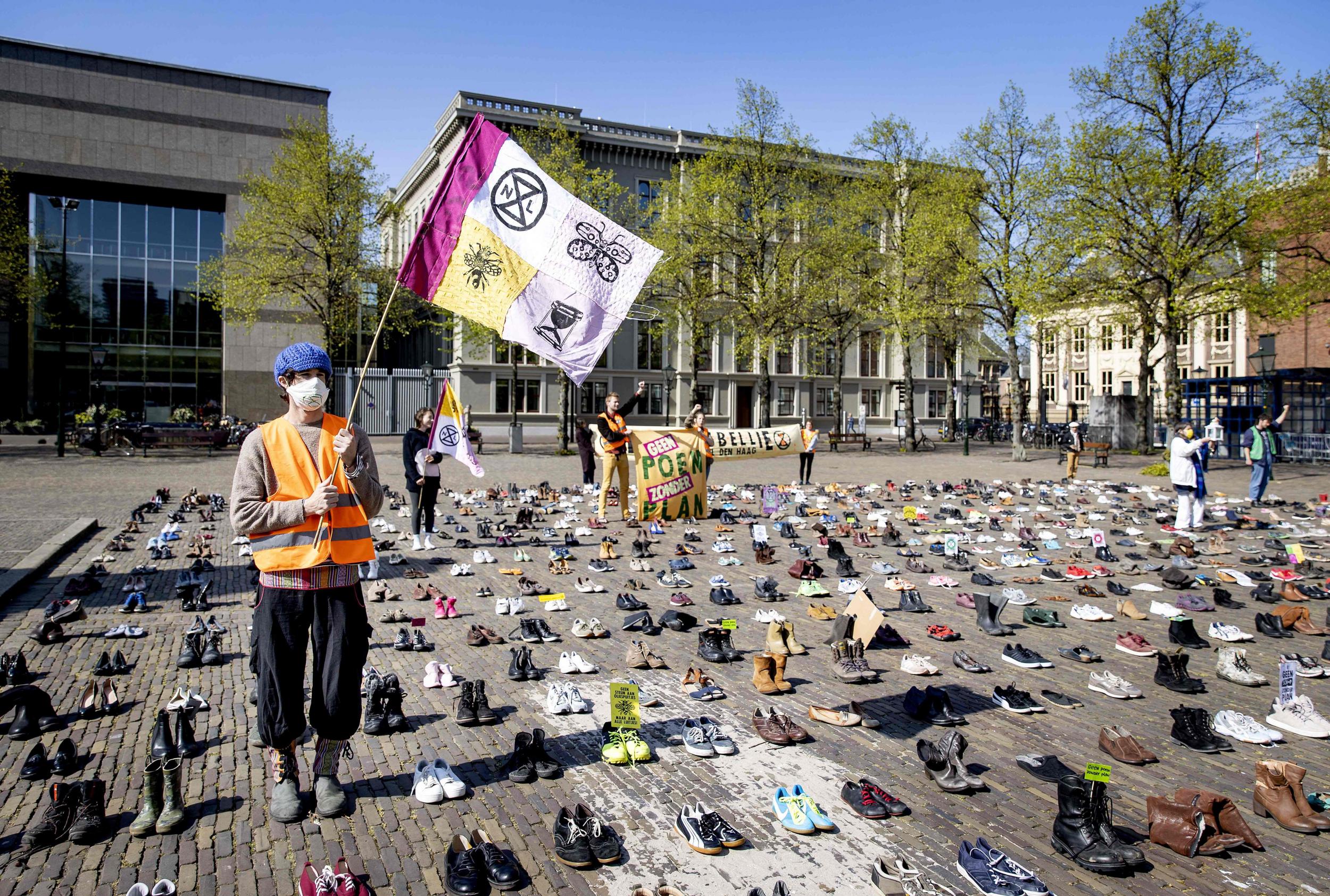
Knowles says he had no idea of the urgency of the climate crisis until he saw the Extinction Rebellion protest blocking Waterloo Bridge in April last year. “I saw people getting arrested and that was really powerful, it made me think: ‘Wow, what is this issue these people care so much about that they’re getting arrested for it?’ In my mind it had always been a sort of a distant issue that we were kind of chipping away at and then updating myself on the science made me realise this was a really dire situation.”
After seeing the protest, Knowles decided to join Extinction Rebellion, first as arrestee support, waiting at 4am in police stations for detained protesters to greet them with food and conversation, before moving into Money Rebellion. There, his role is to use his industry knowledge to spread the message in boardrooms, a tactic XR has deployed with varied success at companies such as McKinsey.
“In my experience there’s still a very deep culture of denial,” Knowles tells me. “I would say that most people who work within the financial sector will get that climate change is an issue, but most won’t realise that the decisions being made in the next 10 years will directly impact the ability of humans to live on this planet.”
What we see with the climate crisis and Covid is that governments should be like doctors, right? They’re there to treat society in some way, they’re ignoring evidence and not carrying out the best treatments. Why is it that politicians and businesses and industry are held to a different set of values to doctors?
Coronavirus is simultaneously an opportunity and a hindrance to the climate movement. On one hand, the weaknesses and fragility of our economic system have been laid bare, but the ability to do anything about that right now has become harder thanks to lockdown.
“It was all about in-person meetings and I think that is really important, because the main barrier we are getting over is psychological denial,” says Knowles. “All the research is out there, and what is holding people back, especially what is holding financial institutions back, from responding is just that it is hard to deal with on an emotional level, so getting in there face to face was really important.”
During the Money Talks Week at the end of April, the banker was involved in webinars not only designed to educate XR members about the financial system, but also to inspire action. Ideas included going out during your daily exercise to put up posters demanding that the government to stop bailing out dirty industries. Others involved taking out small loans, investing them in green ventures and then not paying them back. Another was a rent strike.
“There’s a big taboo in society around not paying back debt,” says Knowles. “So, I think that will be very powerful, but it would depend on how many people you had to actually have a meaningful financial impact. XR’s actions have always been primarily a symbolic disruption.”
These actions make up part of the group’s new campaign No Going Back. “What this is about is about civil disobedience,” says Dr Gail Bradbrook, co-founder of XR. “We tend to celebrate civil disobedience that happened in the past and feel a bit upset and annoyed with it when it’s happening in the current time but I think it’s an absolutely essential part of the landscape.”
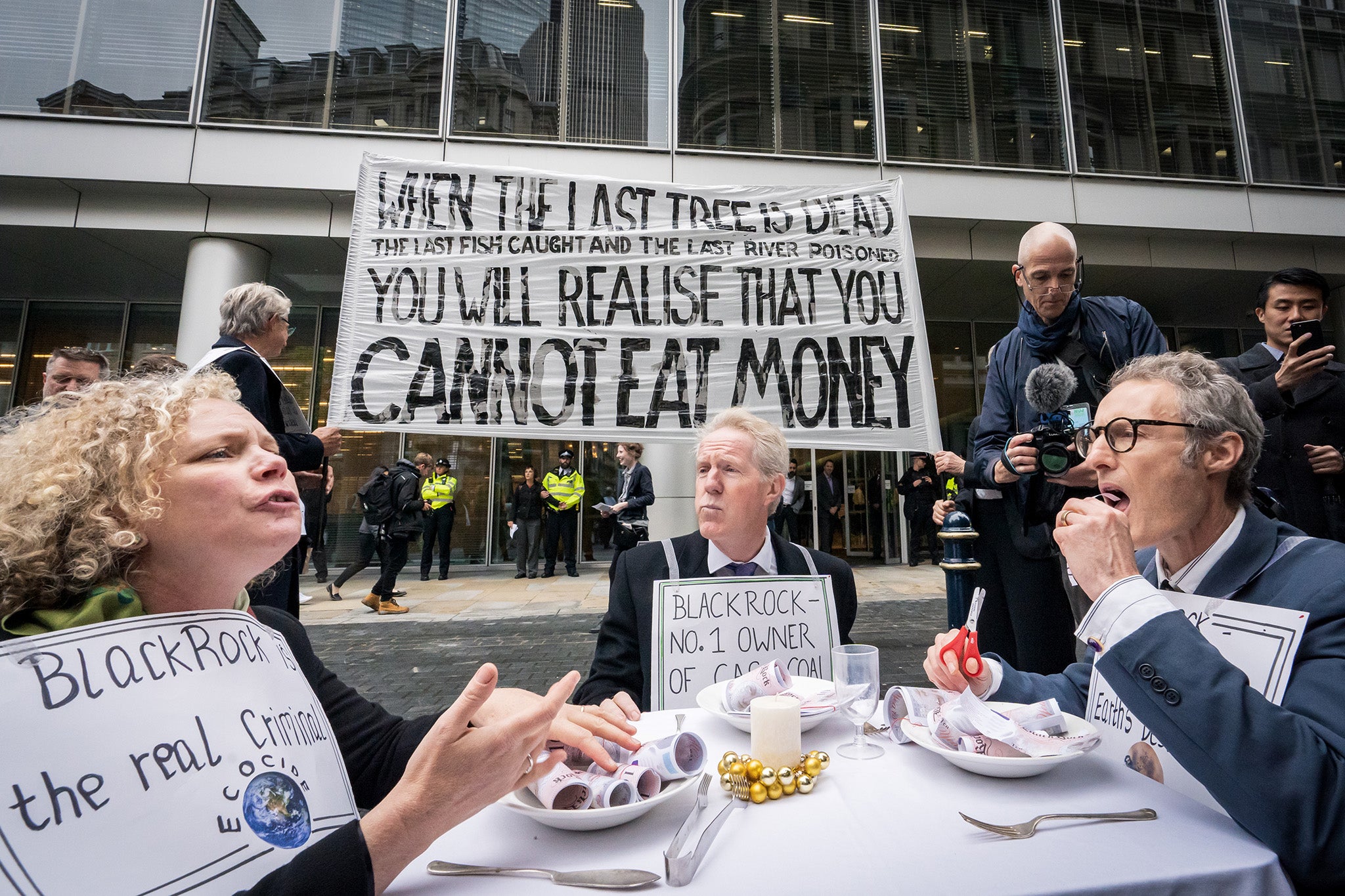
“Whether Gail’s right about the way to do it, I don’t know,” retorts Michael Marmot, director of UCL’s Institute of Health Equity. “But we need somehow to recapture a democratic politics that is in the people’s best interest – and the climate change emergency is not in people’s best interest.”
After weeks of reflection, online webinars and mutual aid support, Extinction Rebellion is planning its comeback: targeting financial institutions, getting into boardrooms, opening dialogues with those in power and, of course, returning to the streets.
“We desperately want to get out on the streets and make our point and be visual and creative and fun,” says Sutcliffe. “But we’re not going to do that while the science says ‘stay at home’ because we’re putting people and their wellbeing and their health first. But we are starting to have those conversations about when we will be able to go out again. When we do come out, we want to come back out with a really positive message of a vision for the future, and saying another world is possible.”
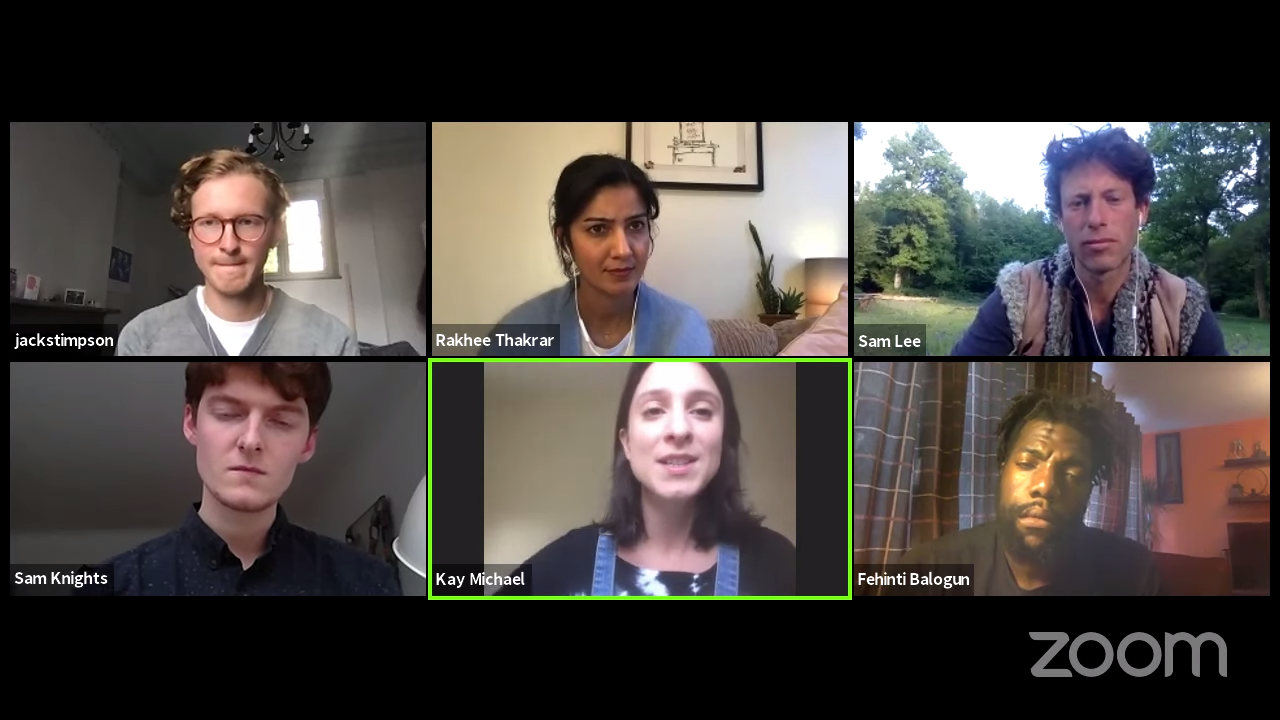
But lockdown hasn’t entirely stopped the protests. Members in Cambridge ventured out and targeted several businesses with spray paint, writing “No going back! Let us breathe!” across the Land Rover dealership in the city. The protests were not received well by the press or public, criticised for being opportunistic and flouting the stay-at-home rules. The Spectator declared XR was planning to “exploit the Covid crisis”.
For Sutcliffe, this time is an opportunity to think about the role protest takes going forward. “I think we’re likely to see something in different cities across the UK rather than asking people to travel to London at first. I think there are definitely ways of doing a protest in respectfully socially distanced ways.
“We need to hold our government to account,” she tells me. “They’re considering giving billions to the most destructive industries. We can’t go back to an economy that chooses those polluting industries over people’s health. Our creative teams have some great ideas.”
Meanwhile, Chauhan, who decided to return to work as an A&E doctor in Tunbridge Wells, says health and safety is his first priority. “It became very clear to me that the biggest threat facing the health and wellbeing of my patients was not anything I was doing in hospital but was the climate crisis.” Now, for the time being at least, he hopes to manage both.
“As a doctor I receive the best biomedical information from scientists around the world. I then look at my patient and make an assessment and I use that evidence to bring about the best treatment for my patients. What we see with the climate crisis and Covid is that governments should be like doctors, right? They’re there to treat society in some way, they’re ignoring evidence and not carrying out the best treatments. Why is it that politicians and businesses and industry are held to a different set of values to doctors?”
Like Chauhan and Sutcliffe, many in XR believe change must happen now. “We’ve got either financial crises, or health crises, or ecological crises or one bouncing off the other. There is no post-Covid situation” says Bradbrook. “There are only crises, one after another, coming unless we sort out the issues. The paradigm is shifting because this paradigm’s finished. We’re having the start of some truth-telling, by the IMF and others, that we cannot carry on as we are.”
It’s clear that Extinction Rebellion’s May lockdown is still alive and kicking, albeit in new and unprecedented ways. For the group, and many people around the world, how we rebuild the economy after this pandemic is absolutely key. Sutcliffe says: “And it doesn’t take us to say that, I think it’s being said in enough places. But we know that our role will be to bring that message home in the most radical sense.”
Join our commenting forum
Join thought-provoking conversations, follow other Independent readers and see their replies
Comments